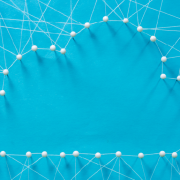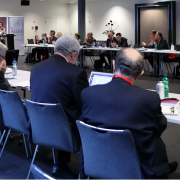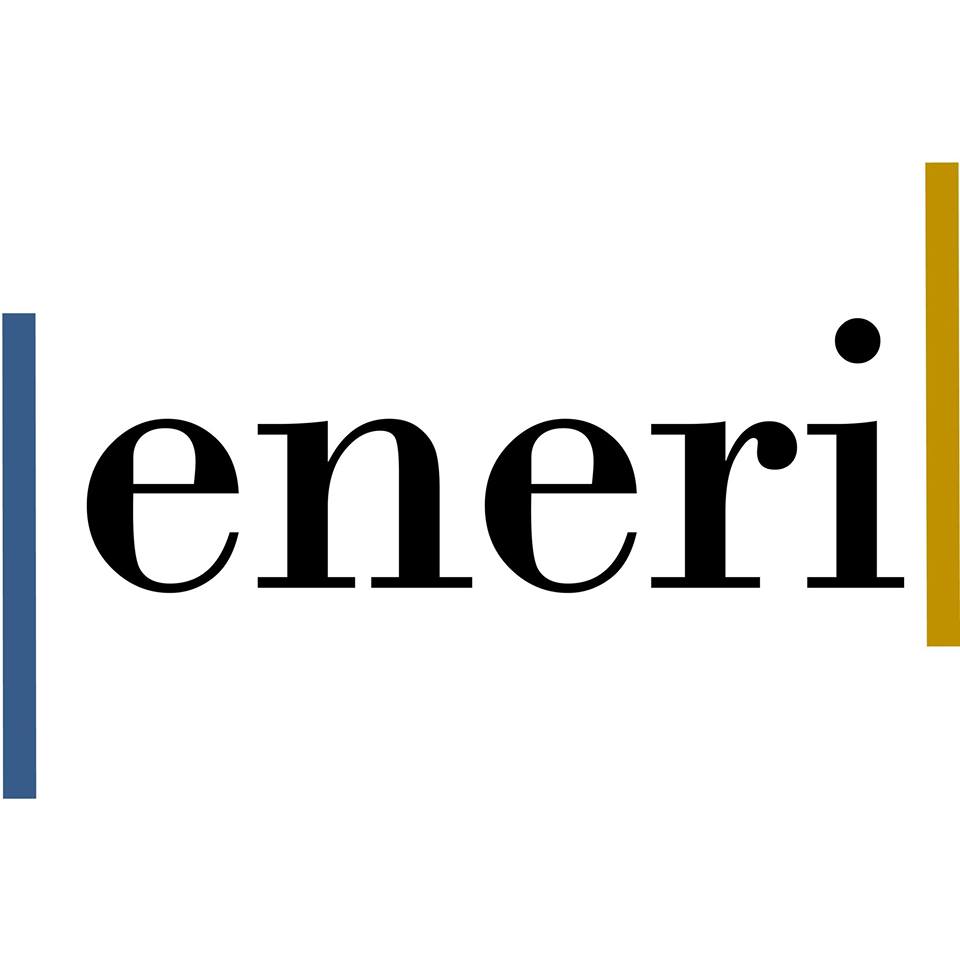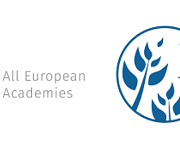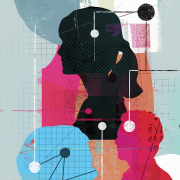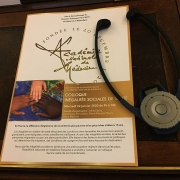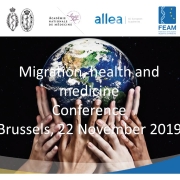European Open Science Cloud needs improved legal and technical foundations to go global
ALLEA welcomes in a new statement the progress of the European Open Science Cloud (EOSC) and highlights its great potential to accelerate the transition towards open science. The document presents a set of legal instruments and technical considerations which aim to reinforce the sustainability of EOSC.
Data are vital resources for research and technological development and the lifeblood of artificial intelligence. Deploying EOSC, an open platform of research tools, infrastructures and procedures for data and research sharing across borders and scientific disciplines, can significantly foster knowledge exchange and facilitate the quicker uptake of scientifically informed policies to tackle major societal challenges like climate change or health threats.
Such an ambitious and wide-ranging endeavour can only succeed with appropriate legal and technical instruments which ensure an encouraging research environment for individual researchers and high-risk research investments in today’s global and competitive world.
“The deployment of the European Open Science Cloud is clearly needed for accelerating the sharing of data and research results within the scientific community in Europe and beyond. Together with other measures favouring open science, this will help to find fact-based responses to major societal challenges such as fighting the spread of coronavirus. Interoperability with other data clouds should be ensured, and, where necessary, reciprocity of access or other conditions could be required to promote the progress of science while supporting investments in research”, says Alain Strowel, Chair of the Permanent Working Group Intellectual Property Rights.
IPR and strategic considerations
ALLEA was amongst the first endorsers of the EOSC declaration in 2017 and since then has closely monitored deliberations and developments regarding its implementation. This statement points to still unaddressed questions especially in the area of Intellectual Property Rights (IPRs). It also advocates that the Rules of Participation (RoP) should further define access conditions in line with the EOSC principles to make the cloud “as open as possible and as closed as necessary”.
Those regulations should set proportionate limitations in “duly justified cases” of IPR concerns, national security, and alike. In particular, the statement notes that the current RoP only consider ‘copyright’ as a category of IPRs and disregards patents, the most important tool for protecting research inventions, and for incentivising and securing high-risk investments in research and development, both in the public and private sectors.
ALLEA’s statement presents necessary considerations to establish a solid legal and technical framework for an effective and sustainable open science cloud, including among others:
- An overall legal design that ensures reciprocity of access for participating researchers submitting data according to the EOSC RoP and to EOSC compliant users of data stored elsewhere.
- Interoperability with other regional data clouds which also promote interoperability and development of common global standards enabling scholarship and science to be shared as public goods for the benefit of all.
- Staggered security regulations as regards data and processes, with due consideration of all relevant aspects (i.e. machines, tools, people), while different requirements, depending on the security level, must also be foreseen.
- Open source should be promoted as a standard to ensure security.
- Licensing models should be harmonised so that detrimental effects of different types of open source licences are mitigated.
- Data should be stored, unless it is proven impossible, on servers and equipment operated in Europe and subject to EU rules.

